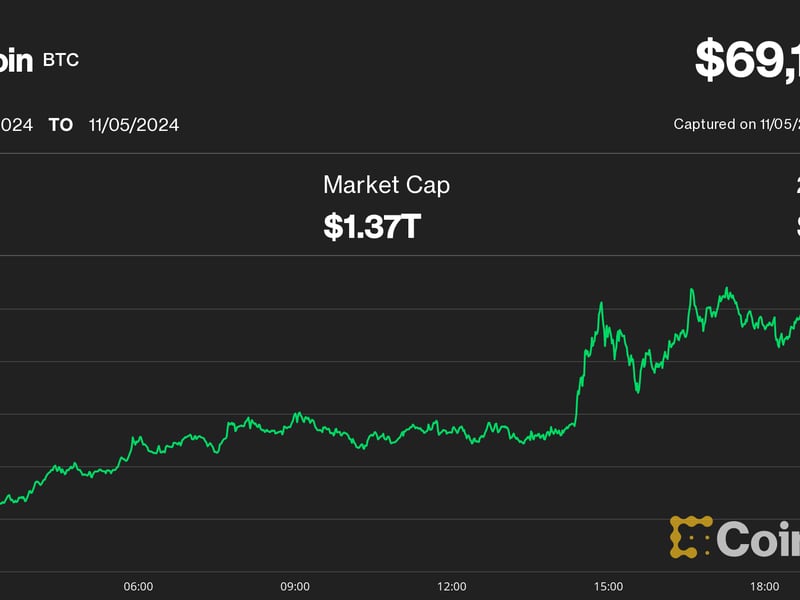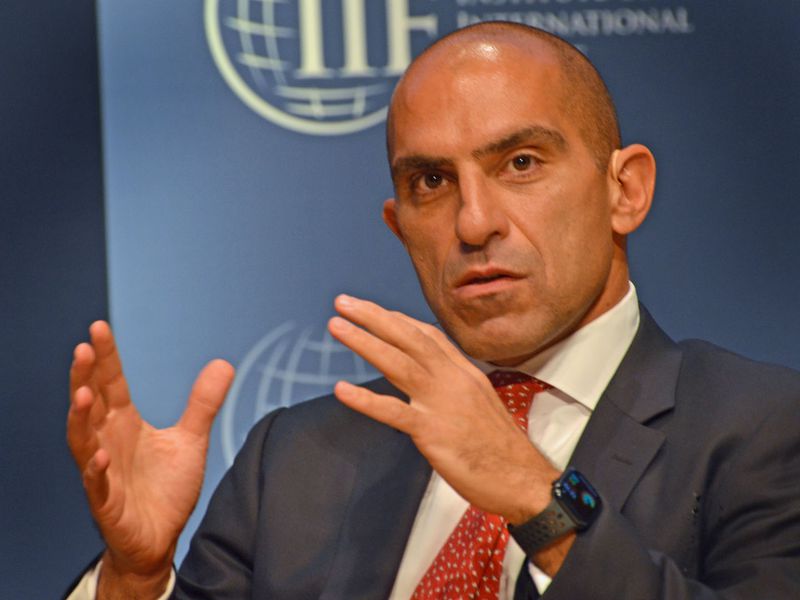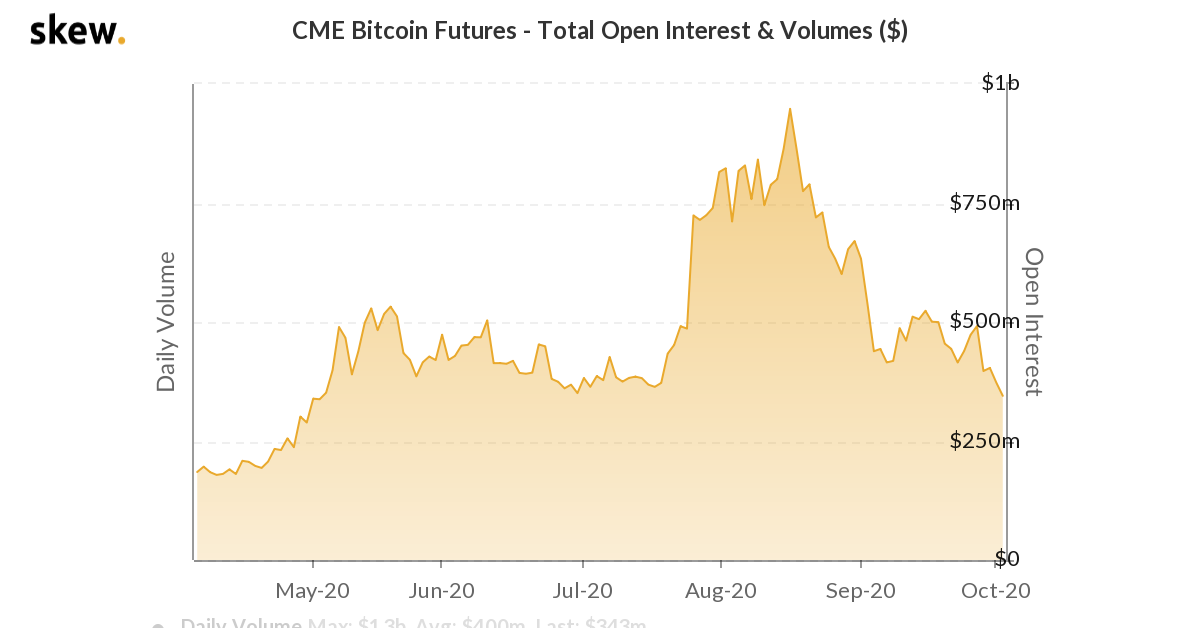Bitcoin Retail FOMO Brings a Heap of ‘Kimchi Premium’ to S. Korea
Bitcoin Retail FOMO Brings a Heap of ‘Kimchi Premium’ to S. Korea
The “kimchi premium” has returned.
Price premiums for bitcoin on South Korean exchanges have hit two-year highs, indicating retail investment interest in cryptocurrencies is surging in that country. However, analysts and traders warn that certain market players could take advantage of arbitrage opportunities, resulting in short-term price volatility.
The “kimchi premium,” named for a popular Korean pickled side dish, also helps to explain why bitcoin prices drop during Asia’s trading hours – some traders sell bitcoin at higher prices on South Korea-based crypto exchanges.
As of press time, bitcoin’s “kimchi premium,” as quantified by the difference in prices between South Korean’s upbit exchange and Binance, was at 4.15%, or 1,444,941 won (approximately $1328.97), according to real-time exchange data-tracking site scolkg.com. Such a mark-up in prices has not been seen since early 2018.
Data from blockchain analytics firm CryptoQuant also shows the price gap between Korean exchanges and the rest of the market went as high as 6.18% on Jan. 4. On that day, 3,001 bitcoin flowed to Bithumb, one of the biggest crypto exchanges in South Korea.
“It is clear that the greatest selling happened during the Asia trading hours,” Andrew Tu, an executive at quant firm Efficient Frontier, told CoinDesk.
South Korea’s retail FOMO in crypto
The “kimchi premium” first appeared in early 2016, according to researchers at the University of Calgary. Between January 2016 and February 2018, it averaged at 4.73% and reached its highest at 54.48% in January 2018.
There are several reasons for the sometimes exceptionally wide price gap, including historical background, economic situation and regulatory environment.
Driving some of the sudden bitcoin frenzy could be the delayed implementation of a 20% crypto tax in South Korea, according to Simons Chen, executive director of investment and trading at Hong Kong-based crypto lender Babel Finance. He said some traders may be rushing to purchase cryptocurrencies before the tax is implemented in 2022.
South Koreans are buying crypto on exchanges closed to non-Korean nationals, making prices a little bit removed from the global market.
“The South Korean government has banned exchanges from servicing foreigners,” according to the book “Mastering Blockchain,” co-written by CoinDesk’s senior markets reporter, Daniel Cawrey. “In addition, South Korea has capital controls that limit the amount of funds that can leave the country.”
Jason Kim, the chief investment officer of Tokyo-headquartered investment firm Anchor Value, noted the lack of institutional traders in South Korea’s crypto market, meaning that the market is mainly driven by retail customers who use exchanges more frequently and tend to follow “fear of missing out” (FOMO) trends during each bull run, likely causing more drastic market volatility. Retail crypto buyers are able to do so easily because they can make their purchases using their local currency, the won (KRW).
“Korean exchanges have BTC/KRW pairs,” Ki Young Ju, chief executive office of CryptoQuant, told CoinDesk. “It’s straightforward to integrate a bank account and exchange deposit account to buy bitcoin with KRW. We can buy bitcoin with just a couple of clicks via online banking.”
Culture is also a factor. In a country that rose from the ashes of Korean War, there is an underlying theme of becoming rich in a short period of time, much the same way South Korea’s economy had grown, said Anchor Value’s Kim. After traditional high-return investment options such as real estate became too expensive for most people, many turned to bitcoin and other cryptocurrencies, which went from almost nothing to skyrocketing in just a few short years.
All these factors were ingredients in bringing back crypto’s price difference in South Korea, after it shrank close to nothing since late 2019.
After bitcoin’s price broke the $33,000 threshold over the past weekend, searching the keyword “bitcoin” on Naver, Korea’s most popular search engine, surged again after peaking in mid-December.

Trading volumes on major cryptocurrency exchanges in South Korea also climbed up in the beginning of January to their highest levels in the past 30 days.
“We start seeing more ‘kimchi premium’ from the last few weeks,” Sinhae Lee, partner of Shanghai-based blockchain consulting firm Block72, told CoinDesk. “The deposit of KRW to Korean exchanges has been increasing, and I think that Korean retailers are entering the market after seeing a strong price increase of bitcoin.”
Hedge funds play arbitrage trades
During the previous appearances of the “kimchi premium,” it was harder for traders to do arbitrage trades – buying at a lower price in one market and simultaneously selling in another market for a higher price – due to capital controls and high transaction costs on exchanges in South Korea, according to a 2018 report by New York-based fintech company Cindicator Analytics.
Some now say that experienced traders have been able to take advantage of arbitrage in this bull market, evidenced by the multiple huge sums of bitcoin inflows to Korean exchanges. Most recently, CryptoQuant’s on-chain data alerts warned earlier Tuesday of aggregated 1,882 bitcoin inflows to Bithumb.
“People are more prepared compared to 2017 when the ‘kimchi premium’ hit like 50%,” CryptoQuant’s Ki said. “We have many arbitrage hedge funds who run their money on Korean and non-Korean exchanges.”
Over the past few weeks during Asian trading hours, bitcoin faced sell-offs, as shown on CoinDesk’s BPI.

“On a technical basis, things have been overbought for a while,” Efficient Frontier’s Tu said about the recent small-scale market sell-off since bitcoin’s price broke $33,000. “It’s likely just the market consolidating, with primarily Asian sellers taking profits at this level.









